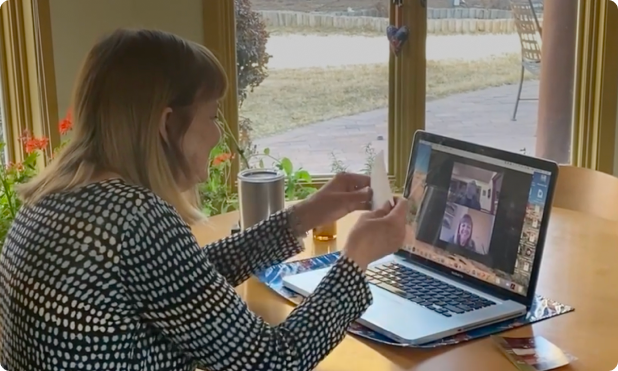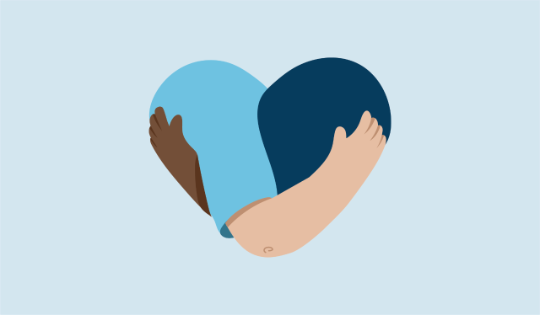
Supporting yourself
and a loved one
When a loved one is diagnosed with cancer, you may be asked to help take care of this person and join their support network, making you a caregiver. See what you can expect as a caregiver and how to prioritize taking care of yourself.












